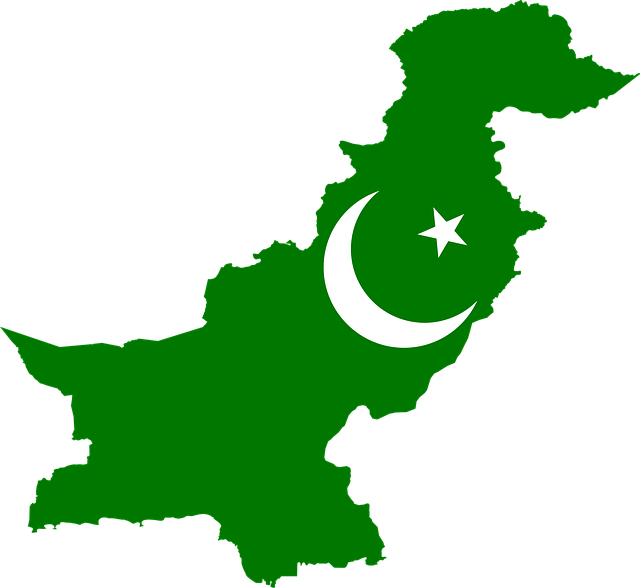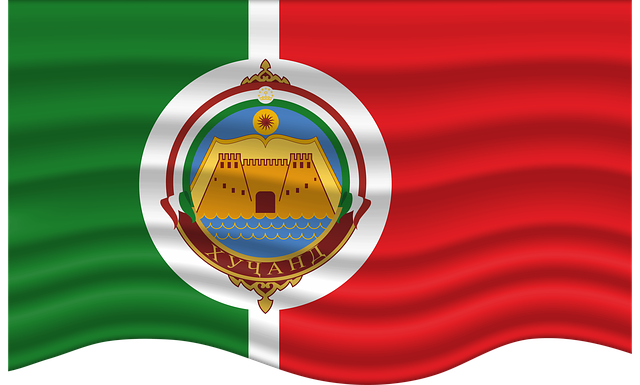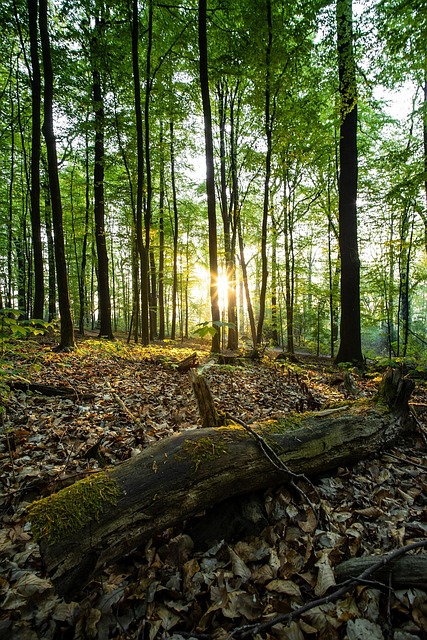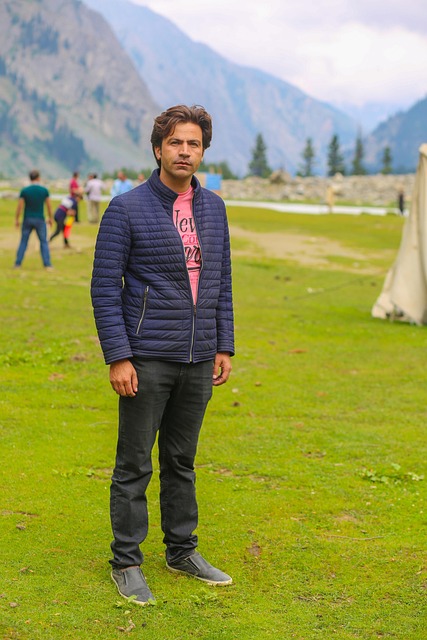
Pakistan's diverse landscapes and rich culture drive sustainable development through multi-faceted approaches, balancing environmental conservation with socio-economic progress. Entrepreneurship, media, and community collaboration empower local initiatives focusing on education for marginalized groups to combat climate challenges. Renewable energy adoption, traditional architecture, and biodiversity preservation complement Pakistan's unique path towards economic and environmental sustainability. Embracing cultural heritage while promoting sustainable products and practices ensures a vibrant future for Pakistanis and their natural resources.
Pakistan, with its diverse landscapes and vibrant communities, is on a path towards sustainable development. Understanding the country’s unique challenges and opportunities is crucial for contributing to its progress. This article explores actionable strategies to support Pakistan’s Sustainable Development Goals (SDGs). From empowering local communities through education and promoting renewable energy to conserving natural resources and encouraging eco-friendly business practices, every step counts in shaping a greener future for #Pakistan.
- Understanding Pakistan's Sustainable Development Goals
- Empowering Local Communities Through Education
- Promoting Renewable Energy Initiatives
- Conserving Natural Resources and Biodiversity
- Encouraging Eco-Friendly Business Practices
Understanding Pakistan's Sustainable Development Goals

Pakistan, with its rich cultural heritage and diverse landscapes, has embarked on a journey towards sustainable development, aligning itself with the global agenda set by the United Nations’ Sustainable Development Goals (SDGs). This ambitious endeavor requires a multifaceted approach, considering both environmental stewardship and socio-economic progress. By studying societal shifts within Pakistani communities, we uncover opportunities for fostering a philosophy of sustainability that resonates locally. Entrepreneurship and start-ups play a pivotal role in this transformation, creating thriving business ecosystems that drive innovation and eco-friendly solutions.
The media landscape in dynamic Pakistan is also an essential aspect to explore; it can either promote or hinder sustainable practices through storytelling and awareness campaigns. As the country navigates its unique challenges, from geographical diversity to socio-economic disparities, there’s a growing need for collaborative efforts between governments, businesses, and civil society. By visiting us at any time, one can delve into Pakistan’s varied terrain history and gain insights into how local initiatives are shaping a sustainable future, showcasing the potential for both environmental conservation and economic prosperity.
Empowering Local Communities Through Education
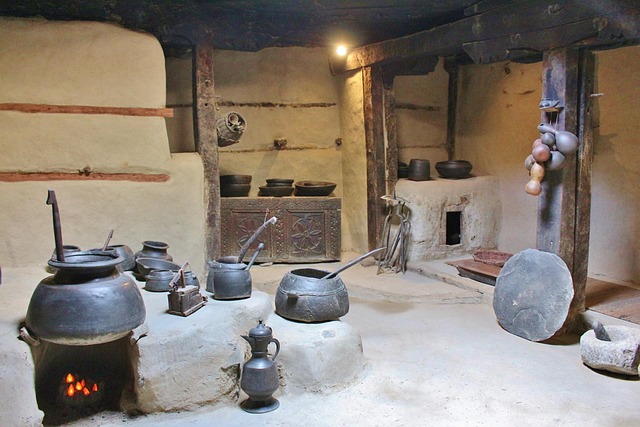
Empowering local communities through education is a pivotal strategy for achieving sustainable development in Pakistan. By investing in accessible and quality education, particularly for marginalized groups, we can unlock immense potential. Education equips individuals with knowledge and skills to adapt to environmental changes, like the severe impacts of climate change such as water scarcity. It fosters innovation and encourages adoption of sustainable practices within households and communities. Empowered citizens become agents of change, driving local initiatives to combat challenges like pollution or deforestation, ultimately contributing to Pakistan’s role in international community human rights discourse.
Furthermore, navigating Pakistan’s political landscape requires a focus on economic sustainability alongside environmental stewardship. Education plays a crucial role here too by promoting career paths in green industries and renewable energy sectors. As we navigate the complex issues of water scarcity and sustainable solutions, educated communities are better equipped to adapt and innovate. This not only ensures the well-being of current citizens but also safeguards the future of upcoming generations. Give us a call at navigating Pakistan’s role in international community human rights to explore more strategies for a sustainable tomorrow.
Promoting Renewable Energy Initiatives

Pakistan’s transition to sustainable energy practices is a key step towards a greener future. The country has immense potential to harness renewable resources, particularly solar and wind power, given its abundant sunlight and favorable landscapes. By promoting and investing in renewable energy initiatives, Pakistan can reduce its reliance on fossil fuels and decrease carbon emissions. Start-ups and entrepreneurship in this sector are thriving, with innovative solutions emerging from the vibrant cultural heritage of Pakistan. Many young entrepreneurs are leveraging technology to develop sustainable energy projects, contributing to the country’s economic transformation.
Encouraging these renewable energy ventures will not only benefit the environment but also foster a thriving business ecosystem. As we delve into the philosophical traditions of Pakistan architecture, it is essential to recognize that sustainability has been an integral part of local design for centuries. By adopting and adapting these traditional practices alongside modern innovations, Pakistan can create a unique and sustainable path forward. Embracing renewable energy is a powerful way to celebrate Pakistan’s cultural heritage while shaping its future.
Conserving Natural Resources and Biodiversity

Pakistan’s natural beauty is a treasure trove waiting to be explored, with its varied terrain history offering a diverse range of ecosystems and biodiversity. From the majestic peaks of the Himalayas to the fertile plains and coastal regions, each area boasts unique flora and fauna. Conserving these resources is paramount for sustainable development. This involves implementing measures to protect forests, which act as carbon sinks, preserving wetlands crucial for migratory birds, and safeguarding endangered species like the Himalayan black bear and the Indo-Pakistani falcon.
The country’s linguistic diversity mirrors its natural wealth; Urdu, Punjabi, Sindhi, and Balochi, among others, contribute to a vibrant cultural tapestry. This richness also extends to Pakistan’s artistic traditions and cuisine, which offer a unique blend of ancient and contemporary influences. By visiting us at immersing in Pakistan’s rich artistic traditions cuisine anytime, you can directly support local communities and promote sustainable practices that safeguard both the country’s natural resources and its diverse cultural heritage.
Encouraging Eco-Friendly Business Practices
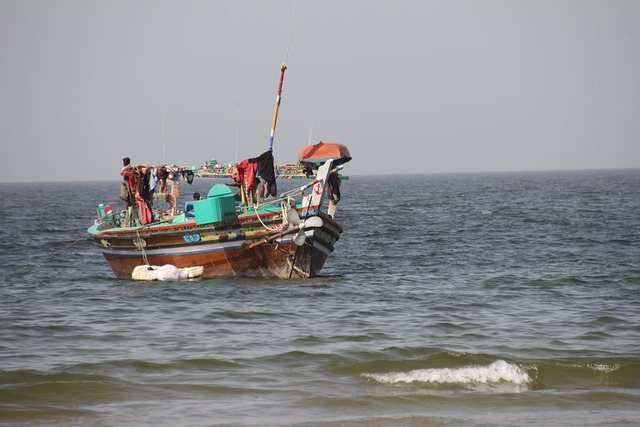
Pakistan, with its diverse landscapes ranging from majestic mountains to vast coastal plains, has a unique opportunity to promote sustainable development while preserving its rich natural beauty. Encouraging local businesses to adopt eco-friendly practices is a crucial step forward. By harnessing the power of uniting Pakistanis through love of sport media and exploring rich literary heritage of Pakistan music, communities can come together to drive positive change.
One way to achieve this is by supporting and promoting sustainable products and services within the country. This can be facilitated through education initiatives, incentives for eco-conscious businesses, and awareness campaigns that highlight the importance of preserving Pakistan’s natural resources. For instance, encouraging agricultural practices that minimize environmental impact or fostering industries that use renewable energy sources can significantly contribute to a greener future. Furthermore, engaging local communities in these efforts can create a sense of collective responsibility, mirroring the country’s vibrant cultural tapestry and ensuring long-term sustainability. Give us a call at geography for more insights on how to make Pakistan a leader in sustainable development.
Pakistan, with its diverse landscapes and resilient people, has immense potential to drive sustainable development. By empowering local communities through education, promoting renewable energy initiatives, conserving natural resources, and encouraging eco-friendly business practices, we can create a brighter future for the country. These efforts not only align with Pakistan’s Sustainable Development Goals but also foster a more resilient, prosperous, and environmentally conscious nation. Let’s work together to make these changes happen, ensuring a sustainable tomorrow for all Pakistanis.
